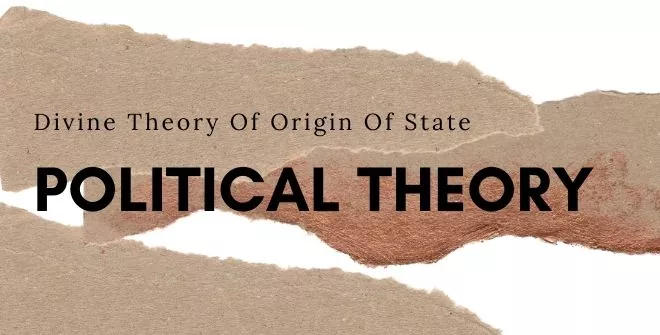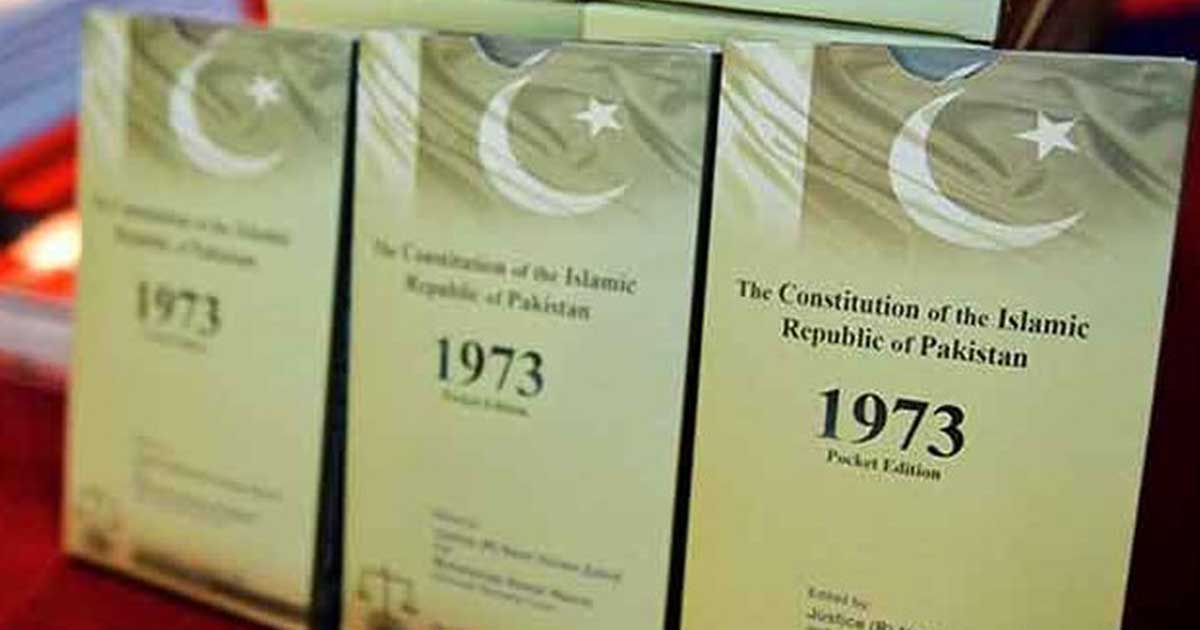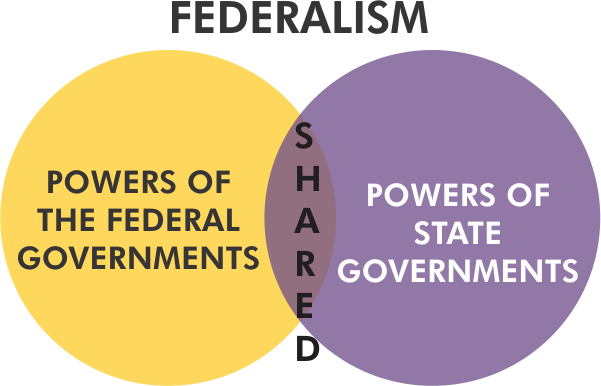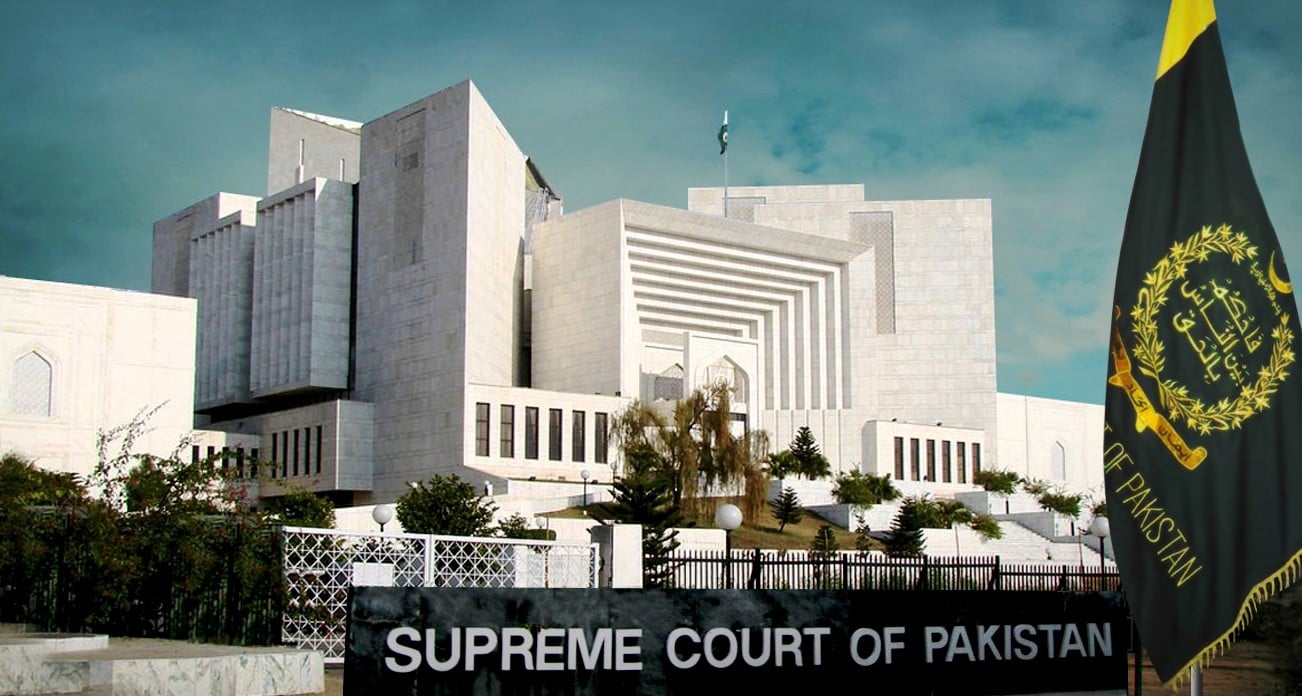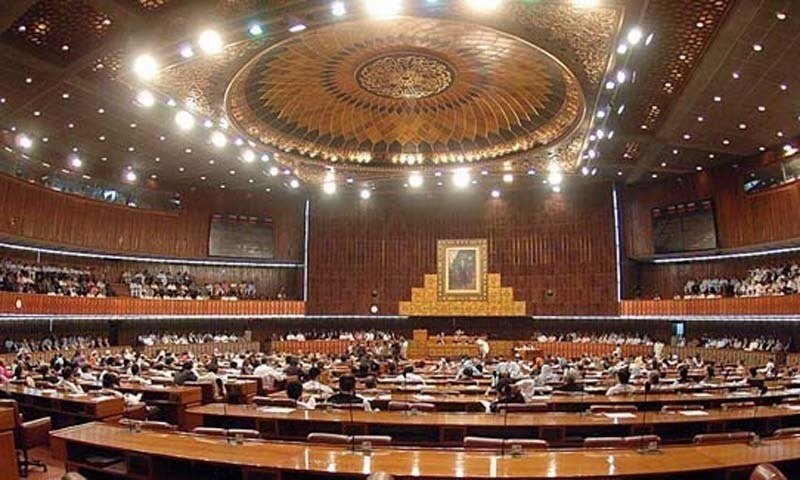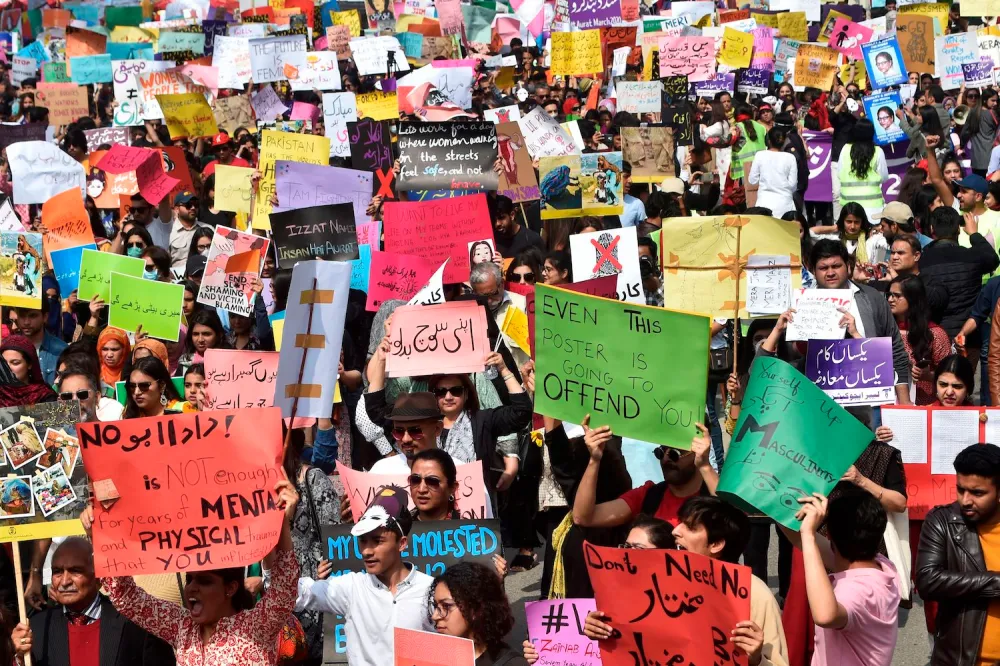Analysis
Everyone has the right to life, liberty and security of person. Everyone has the right to liberty and security of person. No one shall be subjected to arbitrary arrest or detention. No one shall be deprived of his liberty except on such grounds and in accordance with such procedures as are established by law. The term ‘liberty of person’ refers to freedom from the confinement of the body as a result of unlawful or arbitrary processes. In this sense, the right to liberty of a person poses obligations to States to protect individuals from abduction or kidnapping by third parties such as criminal groups. Security of a person, on the other hand, refers to protection from suffering bodily or mental injury by States actors regardless of whether the victim is detained or not or by private actors. Universal Declaration of Human Rights UDHR and the subsequent International Covenant on Civil and Political Rights (ICCPR) provide the security of a person in terms of life and liberty. https://republicpolicy.com/do-you-know-your-fundamental-rights/
Article 9 of the Constitution reads as follows;
No person shall be deprived of life or liberty save in accordance with law.
Articles 4 and 9 of the Constitution are, in a way, solemn declarations for protecting the life and liberty of the citizens of Pakistan. It does not relate only to the citizens of Pakistan but also to those who are within Pakistan for the time being. The word “Law”, which is repeatedly used in these articles, is nowhere defined, but in the context of these articles, the law means the law of the land, a formal pronouncement of the will of a competent lawgiver; therefore, the “Frontier Crimes Regulation” which through termed as law, cannot be treated as “Law” within the meaning of Article.https://republicpolicy.com/will-the-state-of-pakistan-ensure-the-implementation-of-human-rights-in-pakistan-2/
A remarkable distinction between Articles 4 and 8 of the Constitution is that the former offers more fundamental rights than the latter because, in the case of the Proclamation of Emergency, the government may suspend the operation of Article 9. In contrast, Article 4 remains in full force even during an emergency. Neither its operation can be suspended, nor any proceedings founded on it are in any way affected. Article 9 provides a guarantee that the state shall deprive no person of life or liberty except under a law authorizing him to do so; therefore, a person whose life or liberty is threatened by any means may seek his right as the right of access to justice is fully guaranteed under this Article, and no public functionary or a private person may injure other unless he has a legal warrant to do so and if an action taken by an executive authority is unreasonable or arbitrary curtailing liberty of a citizen, the same is liable to be struck down.
These fundamental rights are obtainable throughout Pakistan, including The Tribal Areas, and the superior courts have jurisdiction to enforce them within the territorial jurisdiction of these areas. For example, The erstwhile Frontier Crimes Regulation, which empowered a Deputy Commissioner to refer the determination of the guilt or otherwise of a person to the “Council of Elder”, is adjudged violative of Article 9 of the Constitution. Similarly, in cases of preventive detention, detaining authority must exercise the powers per law and not arbitrarily or perversely; therefore, in cases of need where the facility of engaging a lawyer is demanded, the same cannot be denied, nor the facility of engaging a lawyer of ones own choice can be denied, but not necessarily at State expenses. If a condemned prisoner is not satisfied with the counsel on State expenses, he can oppose it. Where an authority deprives a person of his liberty in flagrant violation of the law, the arrest or detention cannot be said to be under the law. The court can set a free such person at liberty; an assault on the body of a person or solitary confinement preventing a person of his liberty is an invasion of the prevention in the absence of a law or rule having the force of law such as authorizing would be violative of Article 9.
Similarly, in cases of Police encounters, Police Personnel cannot exercise the right to private self-defence more than what is provided in law and in the circumstances, an encounter will not entitle a police party to kill indiscriminately the persons who were allegedly involved in the encounter. Bonded labour is also one of the forms of legal resistance to enjoying life and liberty detention by employers in the brick kiln industry.https://republicpolicy.com/implementing-human-rights-in-pakistan/
Though the right to liberty is guaranteed under the Constitution, in certain circumstances, this right may be restricted by law; however, such retraction is open to challenge if it is outrageous. The right of “access to justice to all” is a well-recognized inviolable right enshrined in the Article, which includes the right to be treated according to law, the right to have fair and proper trial and a right to have an impartial court of tribunal. Once the court is satisfied that a person who is being held in custody is without lawful authority, the only course open to the court is to set him at liberty and to hold otherwise would not only be against the spirit of the Article but would also be a sin against the fundamental rights. Where arrest and detention are in gross abuse of powers conferred by law, the action is violative of Articles 9 and 14 of the Constitution. The authorities violating the Constitution are liable to pay compensation for illegal detention. An action under the Extradition Act, which is determined to the life and liberty of a citizen, cannot be taken except in accordance with the law. The state functionaries are not expected to be always too early and willing to hand over the person of its citizens for extradition to a foreign state in the absence of due observance of the provision of the Constitution. Liberty of a person though inviolable, yet distinction has to the kept in mind between an offence committed by an individual in his Private Capacity and n offence committed by a public functionary in respect of or the connections with his public office. The strict rule should come into operation provided the court is satisfied that prime-facie material was on record to connect the accused with the commission of the offence. However, the balance has to be struck between national and indicial interests.
The security of a person is the fundamental responsibility of the state. The life of a human is the most special dispensation. Neither state nor society can jeopardize the life of a citizen. Consequently, the Constitution of Pakistan inserts the fundamental right to secure the life of a citizen. A state must create a social and administrative environment to ensure societal peace and tranquillity. The right to life is inalienable. The superior courts have held in several public interest litigations that it is the state’s responsibility to secure not only the life but also the belongings of the citizens of Pakistan. Therefore, it is the state functionaries’ duty to protect Pakistan’s citizens. Then, the Article provides the legal remedy to the citizens of Pakistan to have access to judicial justice. It further accentuates political, administrative and social protection and justice.https://republicpolicy.com/explaining-article-4-of-the-constitution-is-there-protection-of-law-in-pakistan/
Article 9 of the Constitution is the hallmark of fundamental rights. It provides a constitutional guarantee to all processes and procedures in the application of law during all procedural applications of law and rules. Life and liberty are the essences of a democratic society and state. A healthy and just society always protects the just and lawful security and liberty of life and belongings. Although the constitutional guarantee is there, there remain serious challenges to the liberty and protection of life in Pakistan. The laws and Constitutional guarantees are critical, but the implementation is even more crucial for attaining the objectives. The state organizations in Pakistan must implement the fundamental rights of the citizens of Pakistan. We are already too late.





